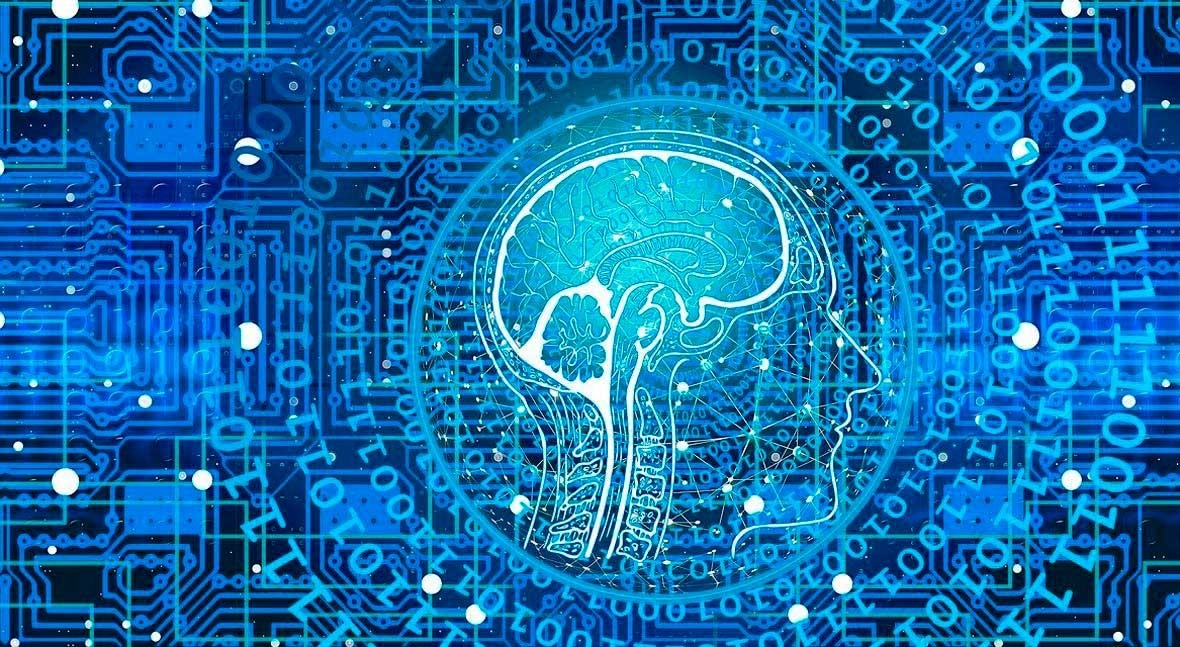If there is something that defines industrial revolutions, is the combination of changes in the sources of energy with new technologies, and the use of new production processes. Hence, we have the steam engine and textile production in the first revolution, electric power and mass production in the second one, and electronics and computers together with renewable energies and batteries in the third one. Now we have in front of us a new ecosystem of technologies that leads us head on to the fourth industrial revolution, and it does not only affect the business world, but all aspects of society; personally, I prefer to call it revolution 4.0, instead of using the word industry, to emphasise its broad scope.
The important thing to understand this revolution is not to think about it as just an improvement. That would be saying it is an evolution, but we must consider it a change. While evolving, concerning technology, means doing things faster or more efficiently, a revolution entails a substantial change in the way things are done, and, most importantly, discovering new opportunities which are only possible thanks to technological progress. Evolving is asking the same question as always: I have a problem and must seek the technology to solve it. With a revolution, you change the question: I have a technology and I am going to see what can I do with it to change processes.
This approach leads us to another concept: digital transformation. And it is not about, as many believe, implementing computing systems in companies and digitising documents. Although that is an essential first step, it belongs to the third industrial revolution. In the fourth, things go much further, using all the computing power and digital documents to transform how processes are carried out at all levels.
The important thing to understand this revolution is not to think about it as just an improvement
And, what are the technologies that enable it? There are many, but I would say that at the core of the digital transformation, four technologies deserve special mention: Big Data, cloud computing, AI (artificial intelligence) and lastly, IoT (Internet of Things).
If we look at the water sector, there is still a lot of work to be done. During one of my lectures, the manager of a company that specialises in the integrated water cycle affirmed that her company had been part of the 4.0 club for a while. When I asked about it, she proudly told me about the investments on all kinds of sensors in their plants and in the distribution network, and how the collected data were used to arrive to their particular Nirvana: predictive maintenance and leak detection, basically. Although IoT based systems provide such advantages, stopping at that point is not enough. We must see the solutions from end to end, not only under a single perspective. We should apply here a client-centric and product-centric approach, more so than an approach that focuses on the company. Let us not forget that current consumers, in the digital world, are starting to be referred to as prosumers (professional consumers) because they are very demanding and have high expectations. The only one benefiting in the company mentioned earlier is the company itself, because their investments improve their finances. But we do not appreciate there anything for the consumer and not a lot in terms of sustainability and environmental matters.
It is undeniable that companies should implement those advances to improve their processes and be more competitive and productive: predictive maintenance, real time decision making, leaks, etc.; but they must not forget about their clients. In fact, the new generations (digital natives) expect a lot from them: from hiring services to billing, but also other aspects such as consumption habits, sustainability, real time analytics, and many more that, right now, we cannot even imagine.



